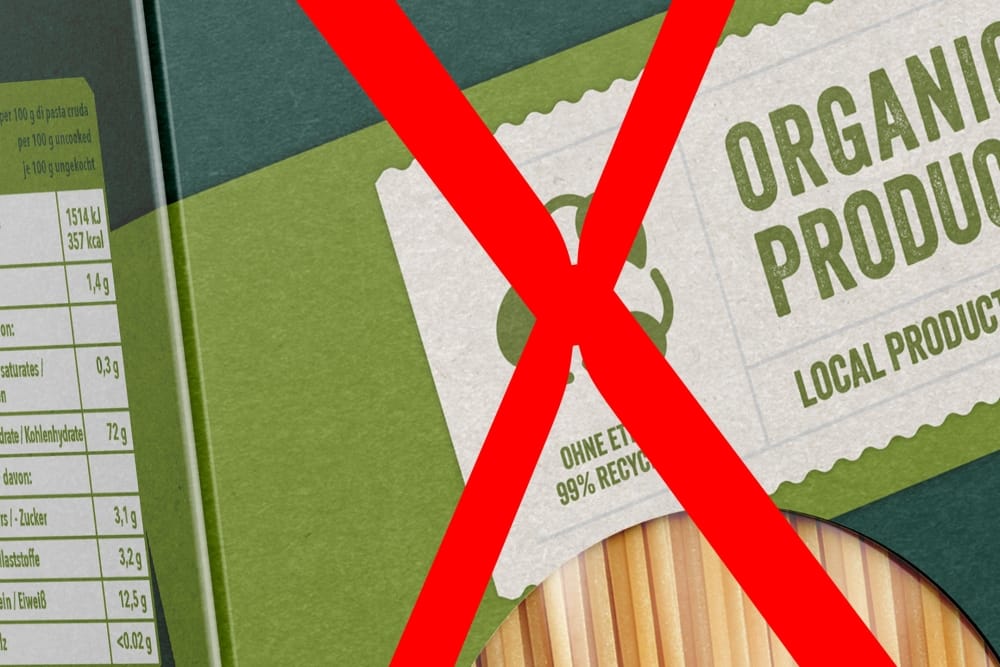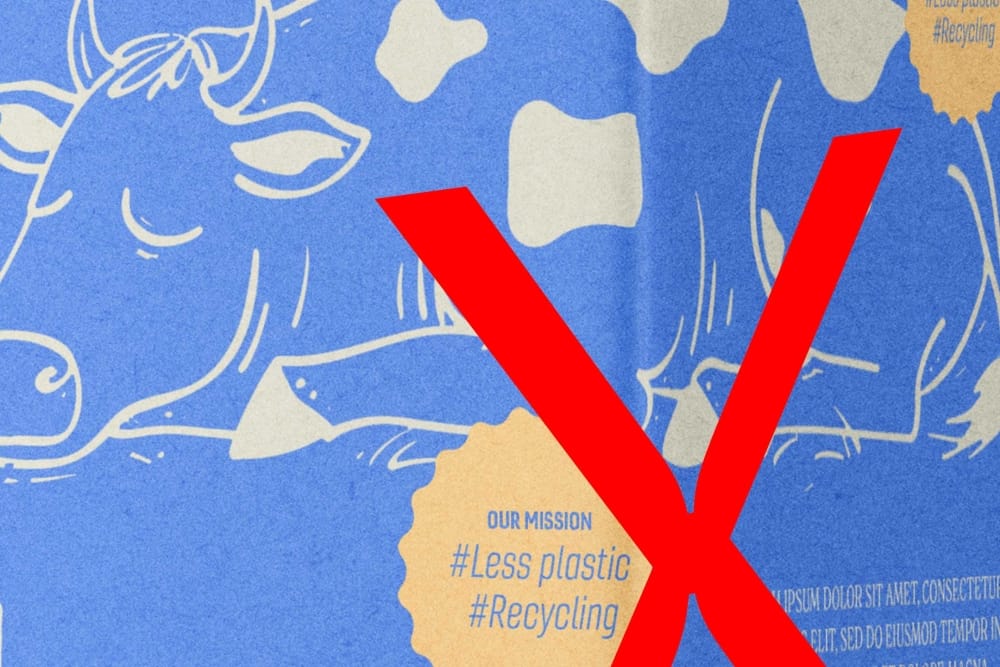The Green Deal brings major challenges.
If you don’t want to hear, you have to feel. At least that’s how the EU sees it when it comes to sustainable packaging and packaging communication. With a series of laws and directives as part of the European Green Deal
, politicians are trying to promote a circular economy and reduce environmental pollution. Consumers should also benefit from this – for manufacturers and brands, on the other hand, stricter times are dawning.

The biggest “spectre” here is the Packaging and Packaging Waste Regulation, or PPWR for short. Whereas until now, a “directive” set out requirements for all packaging issues, which could be implemented individually in each country, the PPWR means that the same law applies to everyone. The requirements will become laws, and the entire EU market will have to deal with minimum recycled content, recyclability quotas and many other regulations in the future. The law officially came into force on February 10, 2025, and even if much of it will not apply until 2030 and details are still being defined, it is better to act sooner rather than later. We are, of course, looking at the PPWR in detail and providing support in adapting your strategy and packaging.

However, it is not only the packaging itself that is affected by the new laws. Communication ON and ABOUT the packaging must also be adapted in future. This is due to legislation under the ECGT (“Empowering Consumers for the Green Transition“). With its entry into force in March 24 and mandatory application from September 26, it stipulates that vague, misleading and overly general environmental claims must be avoided. Claims such as “green”, “sustainable” or “climate neutral” must be specified and verifiable. The“Green Claims Directive“, which is currently still in the trilogue negotiations, regulates the whole thing even more strictly. For packaging, this means that numerous slogans, seals and advertising promises will have to be adapted. The specification must be made on the same medium and every environmental claim must be verifiable (preferably by independent third parties). As this will affect over 50% of EU products, we already have a solution for this. 🙂
Our conclusion: The new laws will be a mammoth task for the entire industry, as they require conversion and investment in production and recycling. Nevertheless, we believe it is right and important to take this step in order to operate sustainably in the long term .